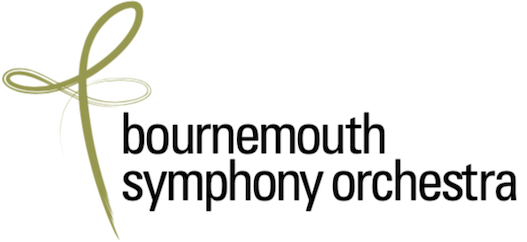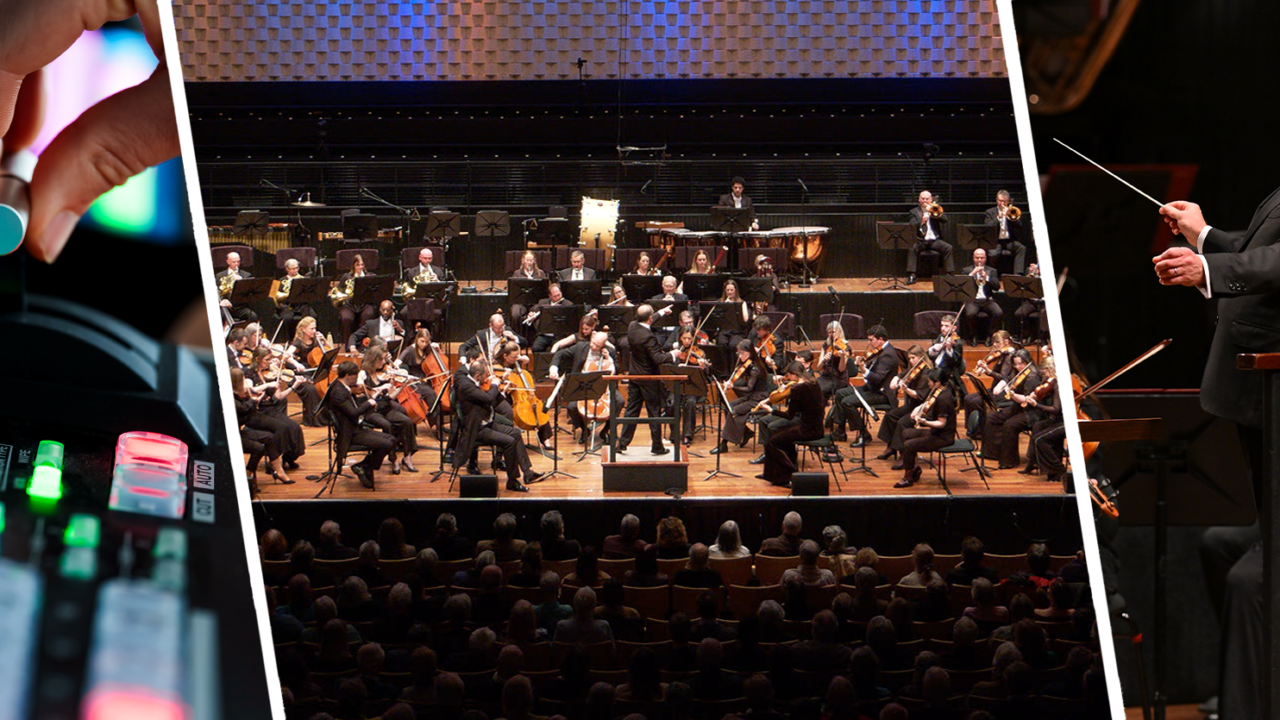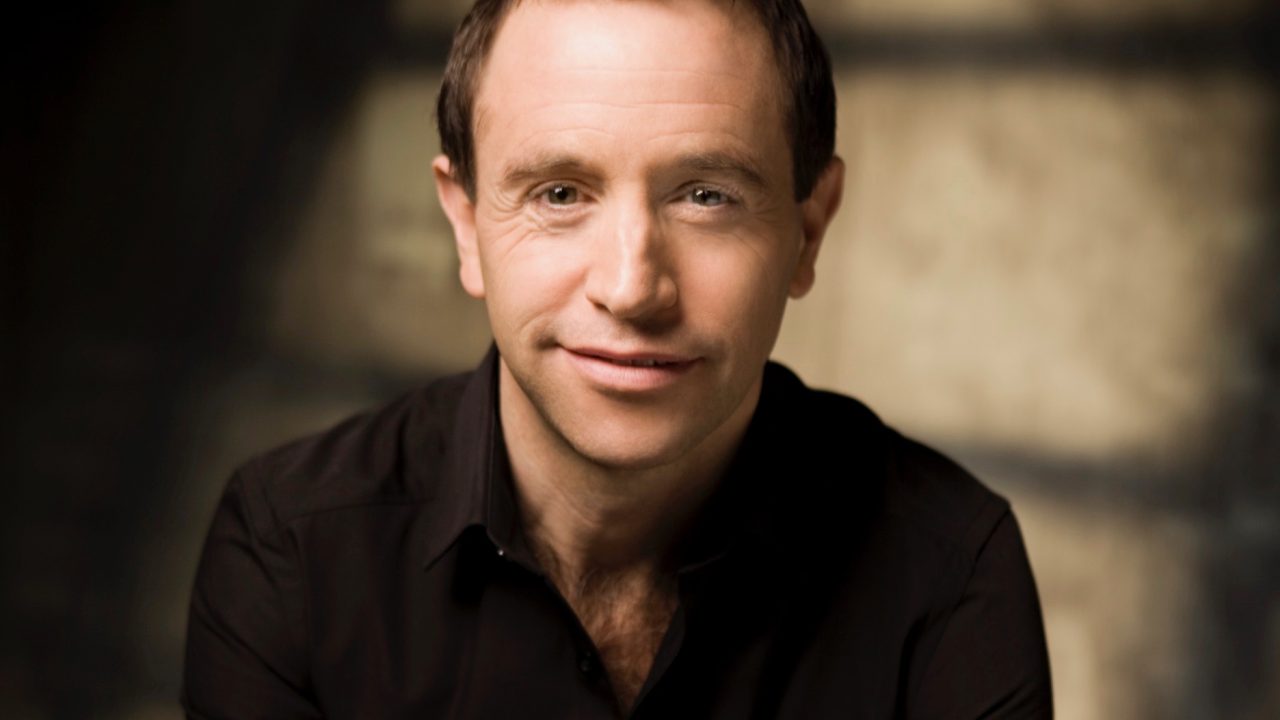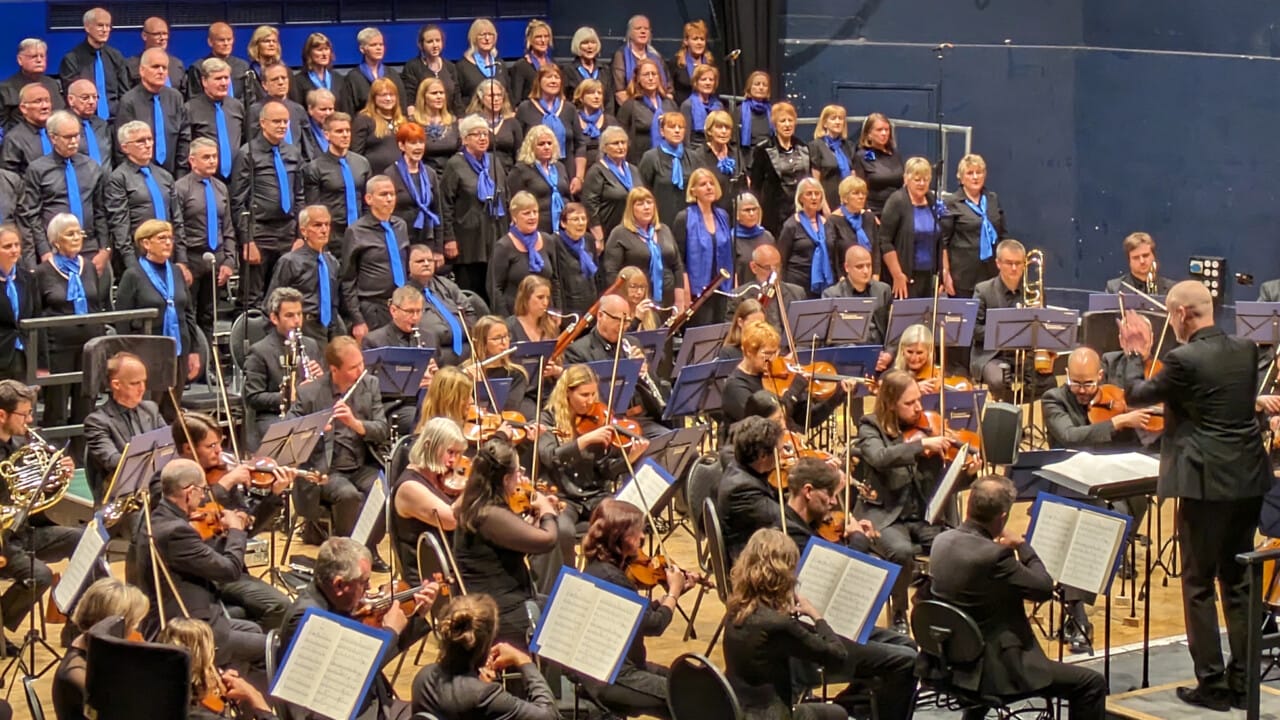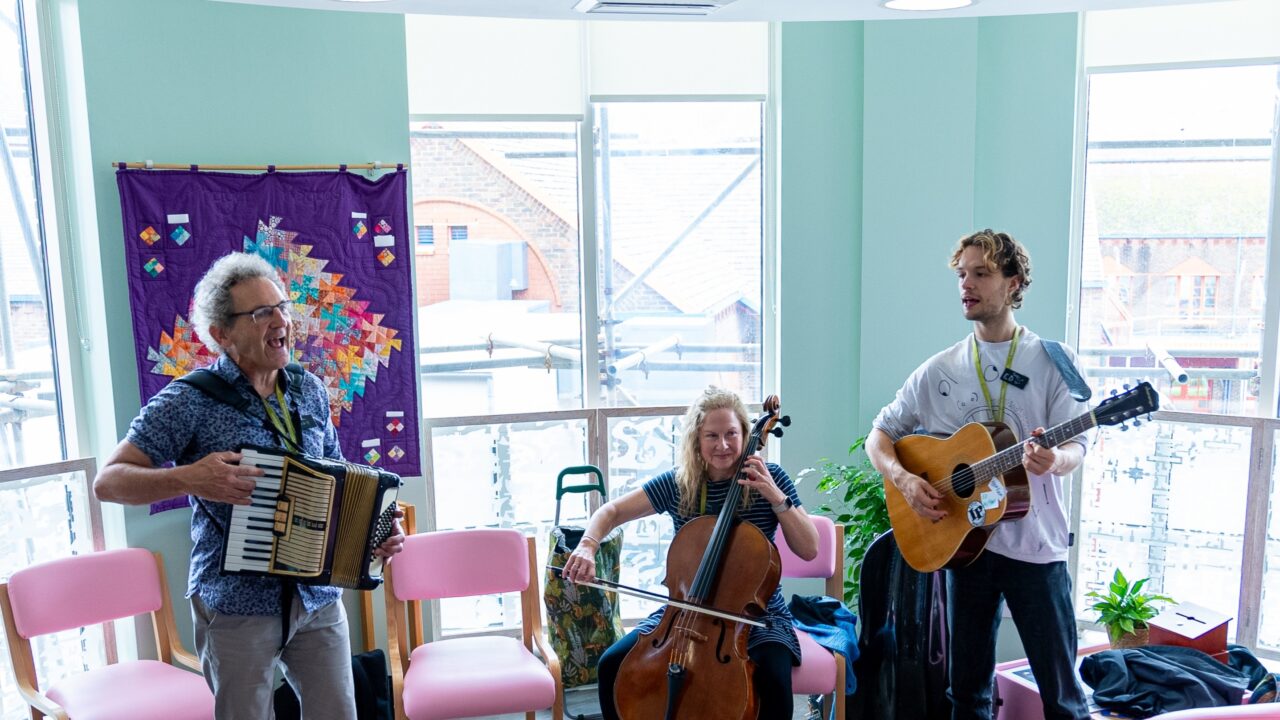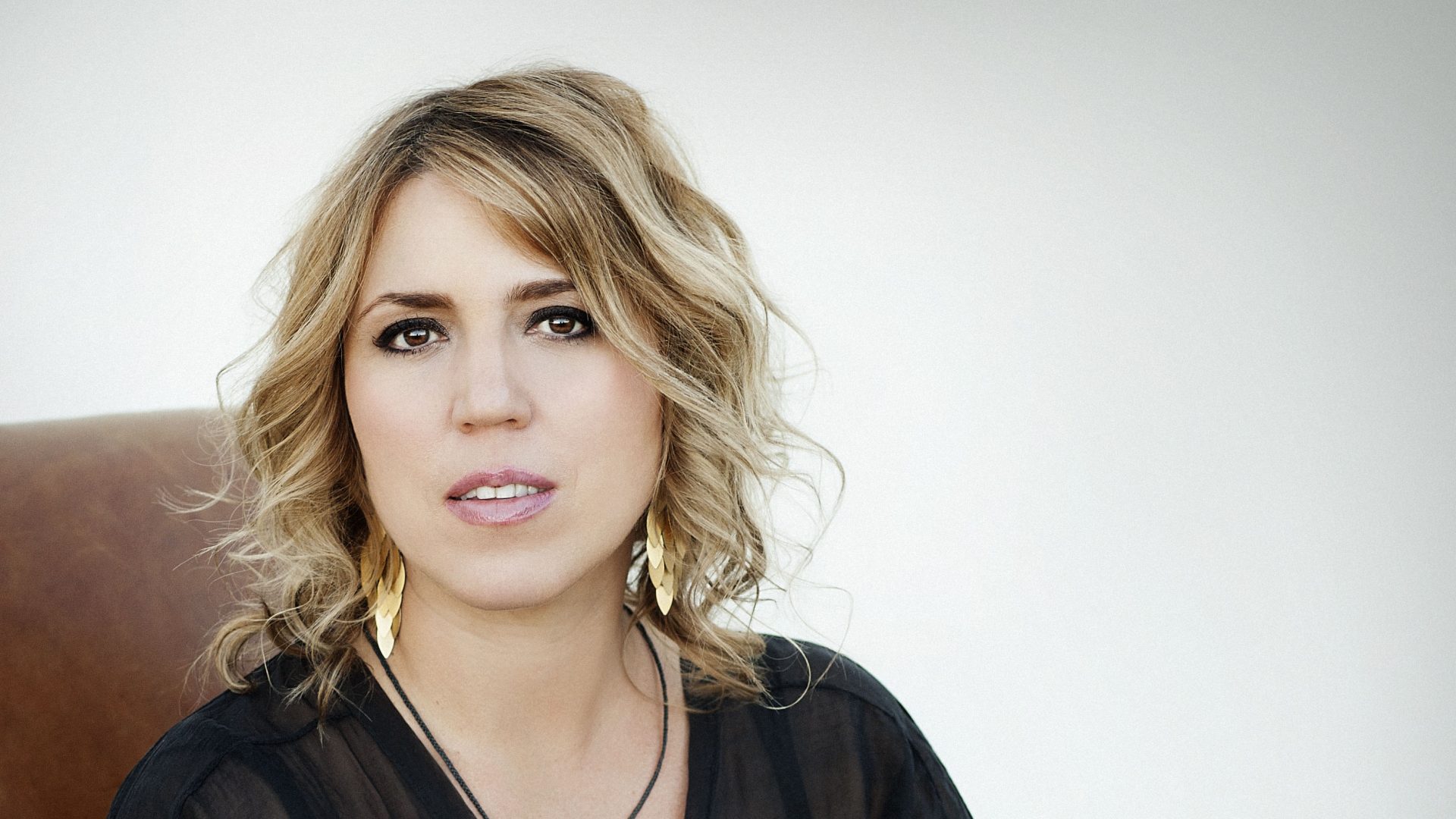You will be making your debut appearance with the BSO in March when you perform Ravel’s Piano Concerto in G, what are you most looking forward to about the performance?
I always look forward to working with my dear friend and colleague, Carlos Miguel Prieto. Any opportunity to share the stage with him makes any performance that much more significant for me. Of course, I’m also looking forward to meeting the BSO and bringing Ravel to life with rhythmical electricity and humour! I have to make a little footnote and share with your audience that I’ve just recorded this amazing Concerto and my own Concerto, the Latin Concerto with Carlos and the YOA Orchestra of the Americas, (For Arte TV and for commercial release) so we’ll be revisiting it with new friends and will most likely create a fresh version infused with the BSO’s energy!
The BSO will be celebrating its 125th Anniversary next May and has successfully raised the £125,000 needed to purchase a new Steinway Model D Grand Piano. How important is it for you as a soloist to have a quality instrument to play?
The piano is my voice. The piano is my confidante. Without a great instrument, a pianist is limited in how that message and human experience is delivered. I am very happy anytime a hall and an orchestra are able to own a great piano, because it enables the continuation of beauty and one of the most noble of human endeavours – to speak about who we are through art. It’s a very personal matter.
How do you come up with your improvisations in your concerts so spontaneously?
Well, I don’t know! I don’t plan them, I don’t think when I’m improvising, there is no map- no musical GPS. It just happens and it’s different every time. I can’t repeat them. It’s a magical moment, no tricks, no gimmicks- just spontaneous composition which is born and dies in that moment. Very much like life itself.
What do you enjoy most about being a musician?
It’s changed over the years. When I was younger, I was very unfocused, and I played because I’m that sort of animal. In this stage of my life, being a musician has become very intertwined with who I am as a woman and as an empathetic citizen of this world, and as someone who uses music to deliver very specific messages about our society. It has become so personal to me that I often cry during concerts, and I am neither embarrassed nor do I think it’s “not professional”. A concert stage is the place where I invite my audiences to connect with me through the art form and its stories, and to peek inside themselves. All I want is to bring beauty, compassion and often, bring to the forefront difficult questions that need to be answered by all of us.
You gave your first public performance aged just 5 and then made your concerto debut at 8; how important do you feel access to music education is for children and is enough being done to support the next generation of talented musicians?
Musical education is of the utmost importance, but it has to be motivated by pure and noble intentions, not political ones or personal agendas. My musical education was very unconventional. There is no right and perfect formula. I must also say that I consider living life and having sources of inspiration to be as important as having access to a musical educational program. The best combination is when they feed off each other. Structure is important, but teaching children to connect the meaning of making music to our humanity is crucial.
You’ve frequently collaborated with Martha Argerich and she encouraged you to use your talent for improvisation; what is it like to work with such a respected musician?
Thanks to Martha, I “came out” to the world as a classical improviser as an adult. I always improvised, but I was forbidden by a teacher I had as a child to do it in public. I think that’s one of the main reasons I quit playing so many times. It never left me though. It’s who I am. Having Martha’s encouragement and her recognition that it was something special, meant the world to me. Playing with Martha is not only a great honour (she would not like for me to say that, she’s very humble) but incredibly fun as well. In a way, it’s very improvisatory. She always pushes limits, flirts with the score, and takes one for a wild ride. I love risk taking and I am always willing to go where she wants to go. It’s pure adrenaline and heart.
Your most recent album won a Latin Grammy for Best Classical Album in 2015; what did this mean to you and do you have any recordings planned for the near future?
Winning the Latin Grammy came as a surprise. We were delighted. It’s always nice to feel your work is appreciated, but what meant the most to me, was having that vehicle to bring attention to the crisis in my country, Venezuela. The recording includes the gorgeous Rachmaninov No. 2 Piano Concerto ( with Carlos Miguel and the YOA orchestra) and my piece for Piano and Orchestra, ExPatria, which is an intense musical portrait of the pain and corruption in my country. The main goal of that recording was to get the musical world and the international community to empathize with Venezuela and the story behind ExPatria through music.
Tell us about your work as a composer in addition to performing; you made your compositional debut in 2011 with Ex Patria, a tone poem about your home country of Venezuela and the political turmoil it is currently experiencing.
Composing to me, creating, improvising, whatever you call it, is at the core of what matters to me. Being alive equals being creative. Having a message is vital to me. When I decided to write ExPatria, I did it knowing that I wanted it to be a polemic, a work of dissent. Of course, that meant that I was overtly saying that I was not willing to be silent, just because I play the piano. I had to speak, I had to use metaphor to educate and break the silence there was at the time about the Venezuelan situation. ExPatria really managed that. I wanted to suffocate the listener. I wanted it to be a physical and visceral piece to jolt the audience from the comfort of his safe and comfortable life. That was six years ago already, and the misery, cruelty, violence and hunger that Venezuelans are experiencing makes my piece, sadly, more relevant than ever. ExPatria had a specific purpose but my Latin Concerto, is an entirely different beast. It’s complex and challenging, but in a different way. It’s not meant to provoke, but rather to invite you to discover the complexities, dichotomies and colours of Latin America through the contemporary musical language. There is so much potential and beauty in Latin America, but our tragedy is that, at the same time, there are ever- present dark shadows like corruption and violence which threaten that potential. That metaphor is a constant line in my Latin Concerto. I hope to perform and enjoy my Concerto for the rest of my life, but I sincerely hope that one day, ExPatria will be put to rest. I hope it will serve as a historical document which will cease to be relevant when the nightmare ends. It’s too painful.
You were named in 2015 as one of the first three Amnesty International Honorary Consuls; tell us about what this means to you and what the role involves?
It’s an honour to carry that title because Amnesty is an extraordinary family. Most of them are volunteers who put the welfare of others at the top of their list of priorities. Their work is invaluable. For me, it means that I belong to a family of fighters, who will do anything in their power to better this world and to not look the other way. As I’ve said before, “Silence is not an option.”
Is there a musician or conductor from the past you would have loved to have worked with?
So many! Rachmaninov. What a complete artist! Mozart, what a genius! Also, the Venezuelan pianist admired by every great artist of her generation, Teresa Carreño. Beethoven! Schubert. Carlos Kleiber, Annie Fisher. …..etc…
How do you relax and what are your interests outside of music?
I never relax. I seem to have a problem with that.
What has been the most memorable performance of your career so far?
Every performance, no matter where it is, is a memorable performance when someone in the audience comes to me, cries, laughs, hugs me, and shares with me a moment of true connection, of emotion and of their humanity. Those are the most important and memorable concerts.
How do you prepare for a concert?
It varies. When I was a single mother with two young daughters, sometimes all the time I had was the time it took to cook rice in the rice cooker! I’ve taken a lot of risks in the past, because the circumstances dictated how much time I had at the piano. Life doesn’t stop because you have to prepare a concert, and you manage in whichever way you can at the time. It’s complicated.
Finally, have you had any embarrassing moments on stage?!
What a great question! It’s the first time I’ve been asked this. Yes, a few! I recently played at the Philharmonic Hall in Warsaw, and I reminded the audience that the last time I played on that stage was at the Chopin Competition Winner’s of Gala Concert in 1995, as the Bronze Medalist. I laughed recalling one of my most embarrassing moments. I had taken a step with my new shoes on the very slippery stage, and fell with a loud thump on my behind in front of 2000 people and the press. I started laughing, crossed my legs, and just sat there, exhausted and in a rapture of laughter, until the very elegant, and thin Polish presenter, came to my rescue. He tried to help me to my feet while I continued laughing, but he couldn’t manage. He almost fell on top of me! Another time, I came out onstage with black trousers lined with flowing pieces of material, and adjusted the height of my bench. I hadn’t realized that while I was preparing the bench, I had trapped some material onto the inside of the bench knobs. The concerto ended, and I only realized I was fixed to the bench when I tried to stand up, and my pants began to fall off! The waist was elastic, and the audience and orchestra behind me (no pun intended) got a bit of an eyeful! I just laughed. Why not? It’s good to not take yourself too seriously.
